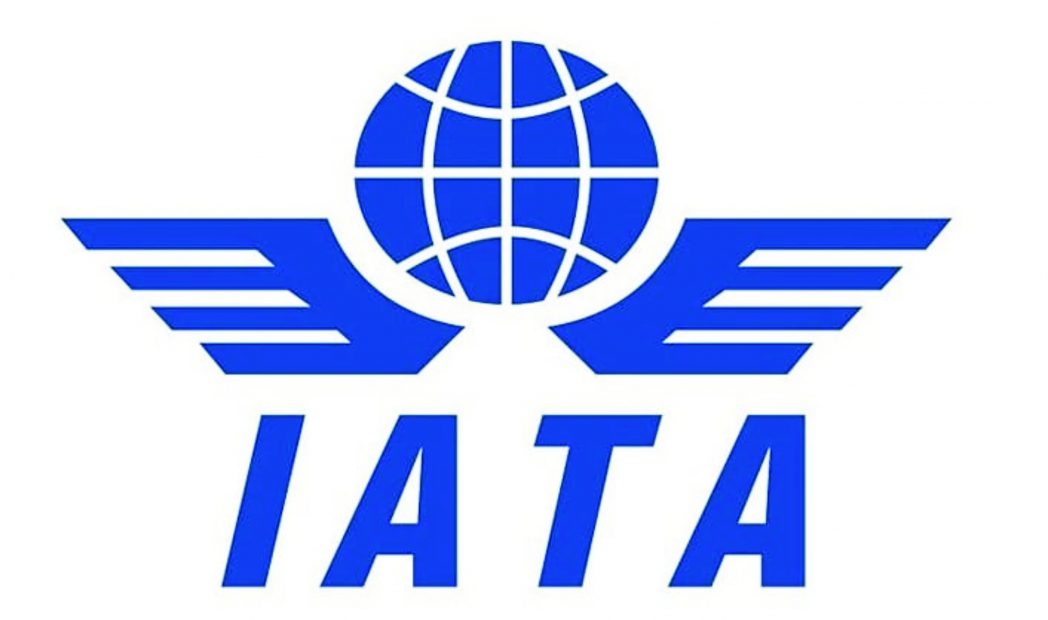Business
Airlines May Post $39bn Loss In Q2 – IATA

The International Air Transport Association says airlines may burn through $61bn of their cash reserves during the second quarter ending 30 June, 2020 while posting a quarterly net loss of $39bn.
The association said on Tuesday that the new analysis was based on the impact assessment it released last week, under a scenario in which severe travel restrictions last for three months.
According to IATA, in this scenario, full-year demand falls by 38 per cent and full-year passenger revenues drop by $252bn compared to 2019 while the fall in demand will be the deepest in the second quarter, with a 71 per cent drop.
IATA said the impact would be severe as revenues were expected to fall by 68 per cent.
“This is less than the expected 71 per cent fall in demand due to the continuation of cargo operations, albeit at reduced levels of activity. Variable costs are expected to drop sharply—by some 70 per cent in the second quarter—largely in line with the reduction of an expected 65 per cent cut in second quarter capacity. The price of jet fuel has also fallen sharply, although we estimate that fuel hedging will limit the benefit to a 31 per cent decline,” the association said.
“Fixed and semi-fixed costs amount to nearly a half an airline’s cost. We expect semi-fixed costs (including crew costs) to be reduced by a third. Airlines are cutting what they can, while trying to preserve their workforce and businesses for the future recovery. These changes to revenues and costs result in an estimated net loss of $39bn in the second quarter,” it added.
The association explained that on top of unavoidable costs, airlines were faced with refunding sold but unused tickets as a result of massive cancellations resulting from government-imposed restrictions on travel.
It noted that the second quarter liability for these would be a colossal $35bn.
“Cash burn will be severe. We estimate airlines could be burning through $61bn of their cash balances in the second quarter,” the association said.
The Director General, IATA, Alexander de Juniac, said airlines could not cut costs fast enough to stay ahead of the impact of the crisis.
“We are looking at a devastating net loss of $39bn in the second quarter. The impact of that on cash burn will be amplified by a $35bn liability for potential ticket refunds. Without relief, the industry’s cash position could deteriorate by $61bn in the second quarter,” he said.
According to him, several governments are responding positively to the industry’s need for relief measures, adding that among countries providing specific financial or regulatory aid packages to the industry are Colombia, the United States, Singapore, Australia, China, New Zealand and Norway.
He said Brazil, Canada, Colombia and the Netherlands had also recently relaxed regulations to allow airlines to offer passengers travel vouchers in place of refunds.
Business
Agency Gives Insight Into Its Inspection, Monitoring Operations

Business
BVN Enrolments Rise 6% To 67.8m In 2025 — NIBSS

The Nigeria Inter-Bank Settlement System (NIBSS) has said that Bank Verification Number (BVN) enrolments rose by 6.8 per cent year-on-year to 67.8 million as at December 2025, up from 63.5 million recorded in the corresponding period of 2024.
In a statement published on its website, NIBSS attributed the growth to stronger policy enforcement by the Central Bank of Nigeria (CBN) and the expansion of diaspora enrolment initiatives.
NIBSS noted that the expansion reinforces the BVN system’s central role in Nigeria’s financial inclusion drive and digital identity framework.
Another major driver, the statement said, was the rollout of the Non-Resident Bank Verification Number (NRBVN) initiative, which allows Nigerians in the diaspora to obtain a BVN remotely without physical presence in the country.
A five-year analysis by NIBSS showed consistent growth in BVN enrolments, rising from 51.9 million in 2021 to 56.0 million in 2022, 60.1 million in 2023, 63.5 million in 2024 and 67.8 million by December 2025. The steady increase reflects stronger compliance with biometric identity requirements and improved coverage of the national banking identity system.
However, NIBSS noted that BVN enrolments still lag the total number of active bank accounts, which exceeded 320 million as of March 2025.
The gap, it explained, is largely due to multiple bank accounts linked to single BVNs, as well as customers yet to complete enrolment, despite the progress recorded.
Business
AFAN Unveils Plans To Boost Food Production In 2026
-

 News2 days ago
News2 days ago2026 Budget: FG Allocates N12.78bn For Census, NPC Vehicles
-

 Sports2 days ago
Sports2 days agoAFCON: Osimhen, Lookman Threaten Algeria’s Record
-

 Politics2 days ago
Politics2 days agoWike’s LGAs Tour Violates Electoral Laws — Sara-Igbe
-

 Politics2 days ago
Politics2 days agoRivers Political Crisis: PANDEF Urges Restraint, Mutual Forbearance
-

 Maritime2 days ago
Maritime2 days agoMARITIME JOURNALISTS TO HONOUR EX-NIWA MD,OYEBAMIJI OVER MEDIA SUPPORT
-

 Sports2 days ago
Sports2 days agoPalace ready To Sell Guehi For Right Price
-

 Sports2 days ago
Sports2 days agoArsenal must win trophies to leave legacy – Arteta
-

 Sports2 days ago
Sports2 days agoTottenham Captain Criticises Club’s Hierarchy

